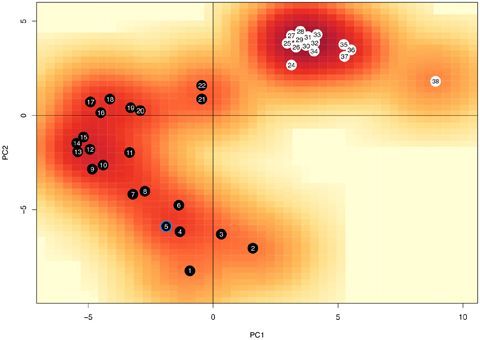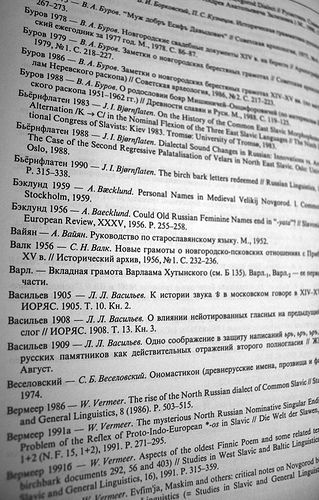
We are all familiar with digital object identifiers (DOIs) provided by CrossRef to identify (and link to) journal articles. Some of us are familiar with the DOIs issued by DataCite to link to datasets. But most of us don’t know that CrossRef is also providing component DOIs that can provide persistent links to a particular table or figure in a paper.




